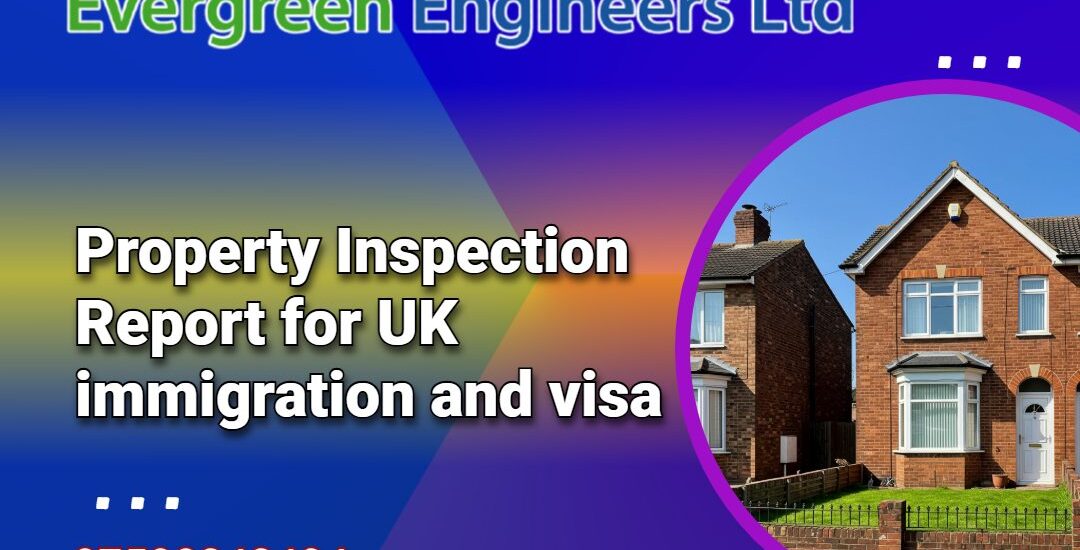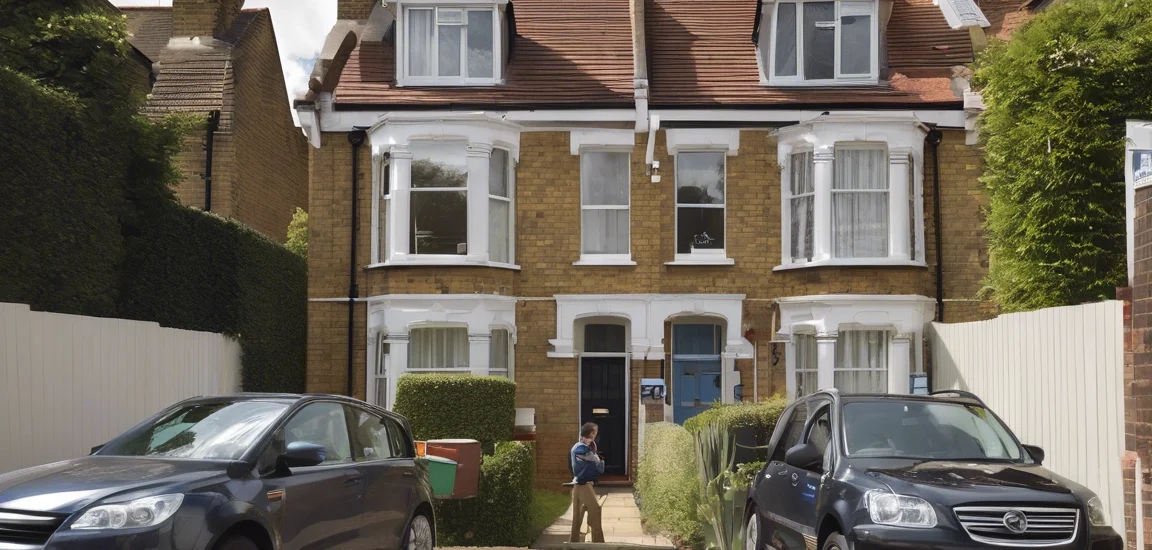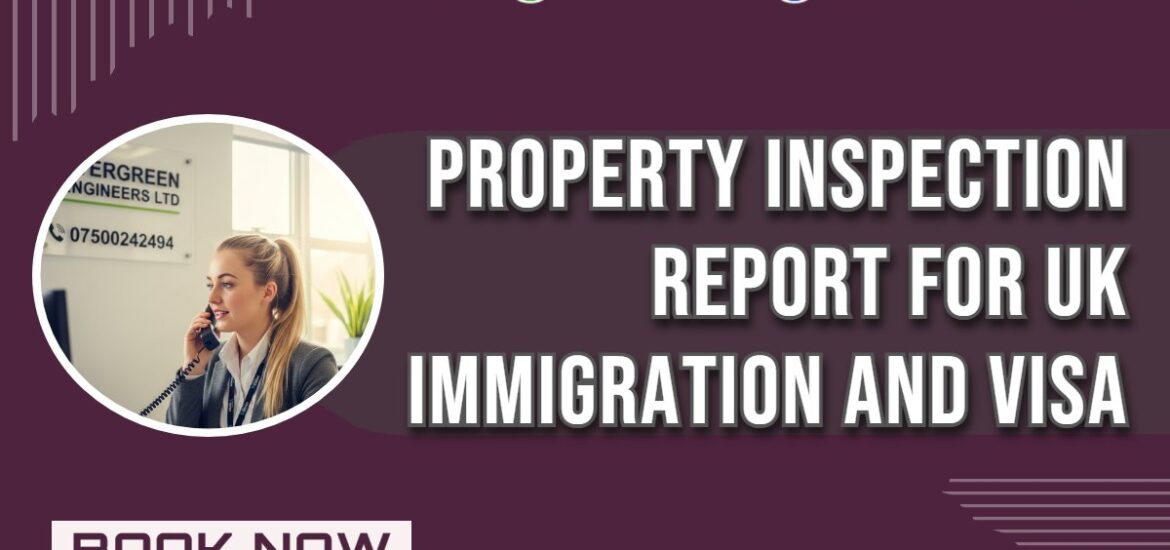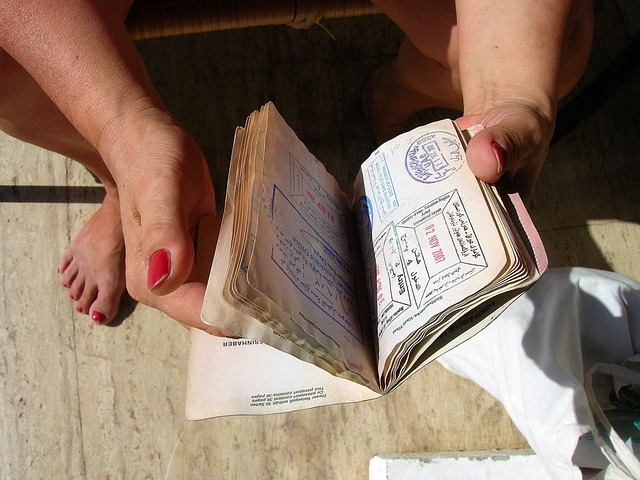Travelling to the United Kingdom can be an exciting experience for children, especially if they’re visiting family, attending short educational programs, or just exploring British culture with their guardians. However, before packing their bags, children under 18 years of age from non-UK countries must apply for a Child Visitor Visa (a sub-category of the Standard Visitor Visa). This blog provides a comprehensive guide to the UK Child Visitor Visa — including who needs it, how to apply, the required documents, common mistakes, and helpful tips for success.
What Is a UK Child Visitor Visa?
A Child Visitor Visa allows children under 18 to visit the UK for a short stay of up to 6 months. The purpose of the visit can include:
- Visiting family or friends
- Tourism
- Attending a short course (up to 6 months)
- School exchange programmes
- Private medical treatment (in specific cases)
This visa does not allow the child to work, marry, or stay for extended periods.
Who Needs a Child Visitor Visa?
Children under 18 who are nationals of countries that are not visa-exempt must apply for a visitor visa. Some nationalities can visit the UK without a visa for short stays, but they still need to meet all visitor requirements upon entry.
To check if your child needs a visa, you can use the UK Visas and Immigration (UKVI) eligibility checker.
Key Requirements for a Child Visitor Visa
The UKVI sets out certain criteria that must be met for a child to be granted a visitor visa:
General Eligibility:
The child must be under 18.
They must leave the UK at the end of their visit.
They must have suitable arrangements for travel and accommodation.
They must have consent from parent(s) or guardian(s).
They must be financially supported during their stay (either by parents, guardians, or sponsors).
If Travelling Alone:
If a child is travelling without a parent or guardian:
- You must provide the name and address of the adult in the UK who will take care of them.
- A written consent letter from the child’s parent(s)/guardian(s) is mandatory.
- The child must carry a birth certificate or other evidence of relationship.
Step-by-Step Application Process
Here’s how to apply for a Child Visitor Visa to the UK:
- Start Online Application
Visit the UK Government Visa Website and begin the Standard Visitor Visa application. Indicate that the applicant is under 18.
- Prepare Required Documents
The list includes:
- A valid passport or travel document
- Birth certificate
- Consent letter from parents or guardians
- Details of where the child will stay
- Evidence of financial support
- Letter of invitation from the host in the UK (if applicable)
- Proof of return travel bookings (if available)
- Pay the Visa Fee
As of 2025, the standard visitor visa fee is £115 for up to 6 months.
- Book a Biometric Appointment
The child must visit a visa application centre (VAC) to provide fingerprints and a photograph.
- Attend the Appointment
At the VAC, submit biometric information and supporting documents. Make sure the child is accompanied by a parent or guardian.
- Wait for a Decision
Most applications are processed within 3 weeks, but it’s advisable to apply at least 8 weeks in advance of travel to avoid delays.
Tips to Strengthen Your Child’s Application
Provide Complete Parental Consent
If one parent is not accompanying the child, include a notarized letter explaining the situation and granting consent.
Show Strong Ties to Home Country
Include documents like school certificates, proof of ongoing education, or return ticket bookings to show that the child will return.
Explain the Trip Clearly
A simple cover letter explaining the purpose of the visit in easy-to-understand terms helps visa officers understand the child’s intent.
Avoid Inconsistencies
Make sure that dates, names, and travel details are accurate and consistent across all documents.
Translate Non-English Documents
If documents are not in English, they must be accompanied by a certified translation.
Common Mistakes to Avoid
- Incomplete application: Leaving fields blank or providing vague answers.
- No financial proof: Failure to show how the child will be financially supported.
- Missing consent letter: Not including written permission from both parents.
- Lack of return plans: Not showing evidence that the child will return to their home country.
These errors can lead to refusals or delays in processing.
What Happens After Visa Approval?
If approved, the visa will be stamped on the child’s passport. It’s essential to follow these guidelines:
- The child must leave the UK before the visa expires.
- They must not work, marry, or access public funds.
- Parents should keep a copy of the visa and consent documents during travel.
Upon arrival in the UK, immigration officers may still ask for:
- Proof of return travel
- Consent documents
- Accommodation details
Can the Child Extend the Visa?
In most cases, a Standard Visitor Visa cannot be extended beyond 6 months. If a longer stay is needed for study or family reasons, a different visa type (such as a Student Visa or Dependent Visa) must be applied for.
What If the Visa Is Refused?
If the visa is refused, the refusal letter will explain why. The applicant can:
- Reapply with corrected or additional documents.
- Seek legal advice if necessary.
- There is no appeal process, but a Judicial Review may be possible in some rare cases.
A Child Visitor Visa to the UK is a valuable opportunity for young travelers to experience British culture, visit family, or pursue short-term education. However, the success of the application lies in proper documentation, clear intent, and strong parental support. By carefully following the application process and avoiding common pitfalls, you can improve the chances of visa approval and ensure a smooth journey for your child.
Whether you’re planning a family visit, a cultural tour, or an educational trip for your child — preparation is key. When done right, the UK adventure can be a rewarding and memorable experience.
For more information you can contact UK Property Inspection Report or call us at 07500242494 / 020 3129 5156.





